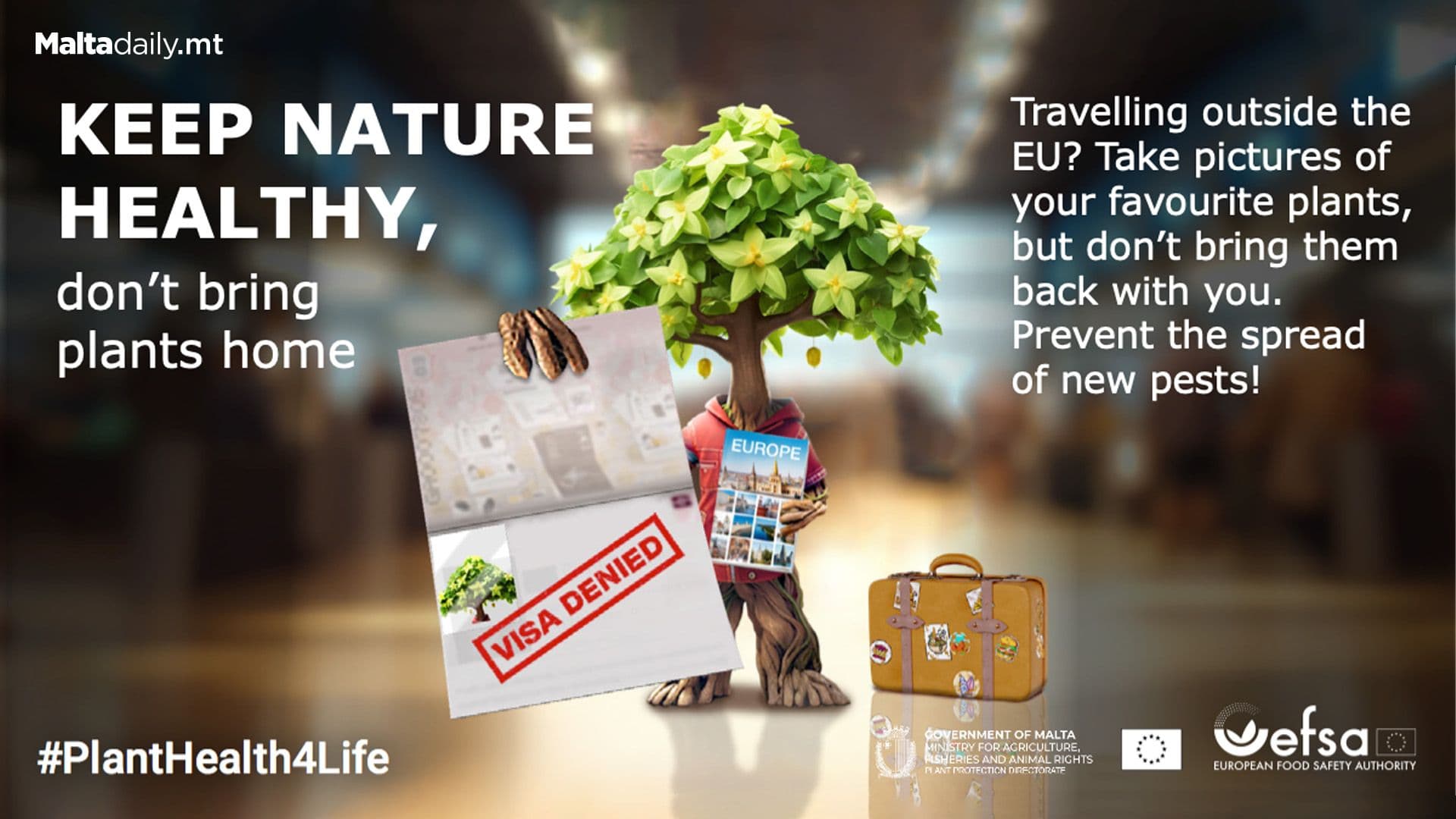Promoting Plant Health Life Through #PlantHealth4Life Campaign

EFSA, the European Commission (EC), and their partners in EU Member States have launched the #PlantHealth4Life campaign to promote awareness of the vital role plant health plays in everyday life.
The campaign highlights the threats to plants from climate change and human activities like trade and travel, which can introduce devastating pests.
An example of this is Xylella fastidiosa, a pest that has killed millions of olive trees in Italy’s Puglia region and is spreading across Southern Europe.
EFSA’s Executive Director, Bernhard Url, stated, “Plant health is fundamental to our wellbeing and the environment.
The #PlantHealth4Life campaign aims to raise citizens’ awareness about plant health risks and foster collective responsibility across the EU to keep plants healthy.” Claire Bury, Deputy Director-General for Food Sustainability of DG SANTE, added, “Protecting the EU from plant pests and diseases is a priority.
The smallest actions can have significant effects. Everyone must understand this fight and contribute meaningfully to protecting our biodiversity.”
The campaign encourages individuals to:
🪴 Avoid bringing exotic plants or seeds from outside the EU to prevent pest spread.
🇪🇺 Ensure plants bought online from outside the EU come with a phytosanitary certificate.
👪 Educate children about the importance of plant health to create future plant health ambassadors.
Resources such as press materials, videos, and social media posts are available on the #PlantHealth4Life website in all EU languages.
The campaign targets 22 countries: among them: Belgium, Croatia, Cyprus, Czechia, Denmark, Estonia, Finland, France, Germany, Greece, Hungary, Ireland, Latvia, Lithuania, Malta, Poland, Portugal, Slovakia, Slovenia, Spain, Sweden, and Montenegro.
In Malta, the campaign is being advertised on ferries, bus terminals, and through the Agrikoltura social media platforms.
Malta is also participating in this campaign through the Plant Protection Directorate within the Ministry for Agriculture, Fisheries, and Animal Rights, which is dedicated to the conservation and improvement of the health and propagation of indigenous plants, including fruit trees, making it a crucial institution within the Maltese agricultural framework.
The Directorate’s aim is to prevent the introduction and distribution of pests, diseases, and plant damage, and to safeguard the conservation and sustainable use of local genetic resources for food and agriculture.
#MaltaDaily


